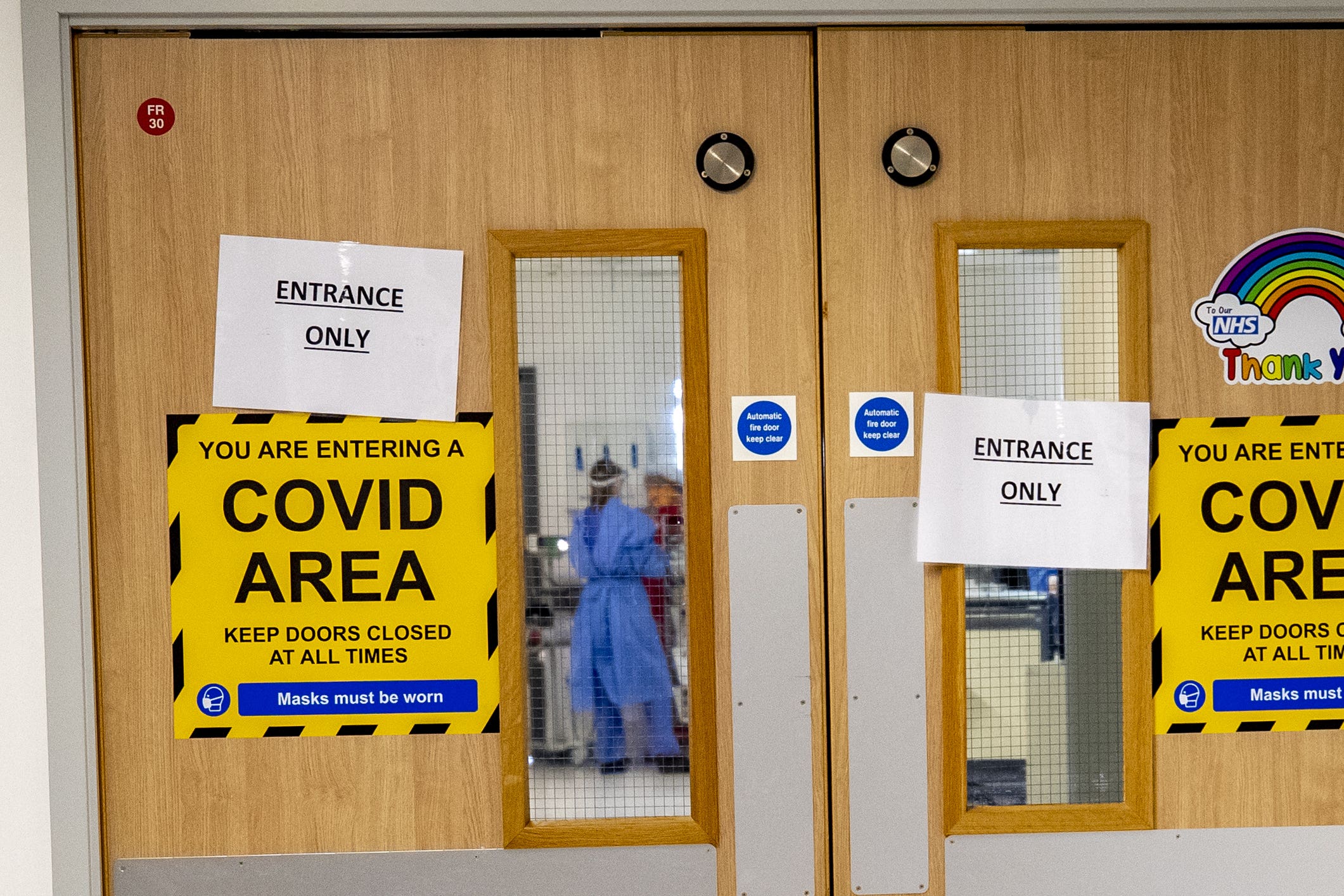UK Covid-19 Inquiry report calls for ‘radical reform’ in pandemic planning
Baroness Heather Hallett said ‘if the reforms I recommend are implemented, the nation will be more resilient’.

Your support helps us to tell the story
From reproductive rights to climate change to Big Tech, The Independent is on the ground when the story is developing. Whether it's investigating the financials of Elon Musk's pro-Trump PAC or producing our latest documentary, 'The A Word', which shines a light on the American women fighting for reproductive rights, we know how important it is to parse out the facts from the messaging.
At such a critical moment in US history, we need reporters on the ground. Your donation allows us to keep sending journalists to speak to both sides of the story.
The Independent is trusted by Americans across the entire political spectrum. And unlike many other quality news outlets, we choose not to lock Americans out of our reporting and analysis with paywalls. We believe quality journalism should be available to everyone, paid for by those who can afford it.
Your support makes all the difference.There needs to be “fundamental reform” in the way the UK prepares for threats such as pandemics, the chairwoman of the UK Covid-19 Inquiry has said.
Baroness Heather Hallett pointed out a number of “significant flaws” in pandemic preparedness.
Lady Hallett said that “it is not a question of ‘if’ another pandemic will strike but ‘when’,” as she set out a series of measures which would put the UK on a better footing for the next outbreak.
“My report recommends fundamental reform of the way in which the UK Government and the devolved administrations prepare for whole-system civil emergencies,” she said.
“If the reforms I recommend are implemented, the nation will be more resilient and better able to avoid the terrible losses and costs to society that the Covid-19 pandemic brought.”
In the foreword of the 217-page report she added: “There must be radical reform. Never again can a disease be allowed to lead to so many deaths and so much suffering.”
The inquiry made 10 recommendations, including:
– A new pandemic strategy should be developed and tested at least every three years with a UK-wide crisis response exercise.
– Within three months of the completion of the exercise, each government should publish a report of its findings, lessons and recommendations and within six months it should publish an action plan laying out the steps taken in response.
– A new UK-wide whole-system civil emergency strategy should be put in place and subject to substantive reassessment at least every three years to ensure that it is up to date and effective and incorporates lessons learned from civil emergency exercises.
– External “red teams” of experts from outside Whitehall and government should be brought in to challenge and guard against “the known problem of groupthink”.
– A committee chaired by the leader or deputy leader of government and made up of cabinet ministers or ministerial equivalents should be established by every UK government to deal with “whole-system civil emergency preparedness and resilience,” as well as a single group of officials across Whitehall departments overseeing and implementing the policy.
– The “lead government department model” – in which a single department leads the crisis response – for dealing with preparing for civil emergencies should be abolished as it is “not appropriate”.
– A new approach to risk assessment should be developed by the UK Government and devolved administrations, moving away from reliance on reasonable worst case scenarios and towards a process that considers a wider range of possibilities.
– Every three years, each government should publish a report to its legislature on crisis response and preparedness.
– The UK Government should consult with the devolved administrations to create a nationwide independent statutory body for whole-system civil emergency preparedness, resilience and response.
– The UK Government and devolved nations should establish new mechanisms for the timely collection, analysis and use of reliable data for informing emergency responses, such as data systems to be tested in pandemic exercises. A wider range of “hibernated” and other studies should be commissioned, designed to be rapidly adapted to a new outbreak.